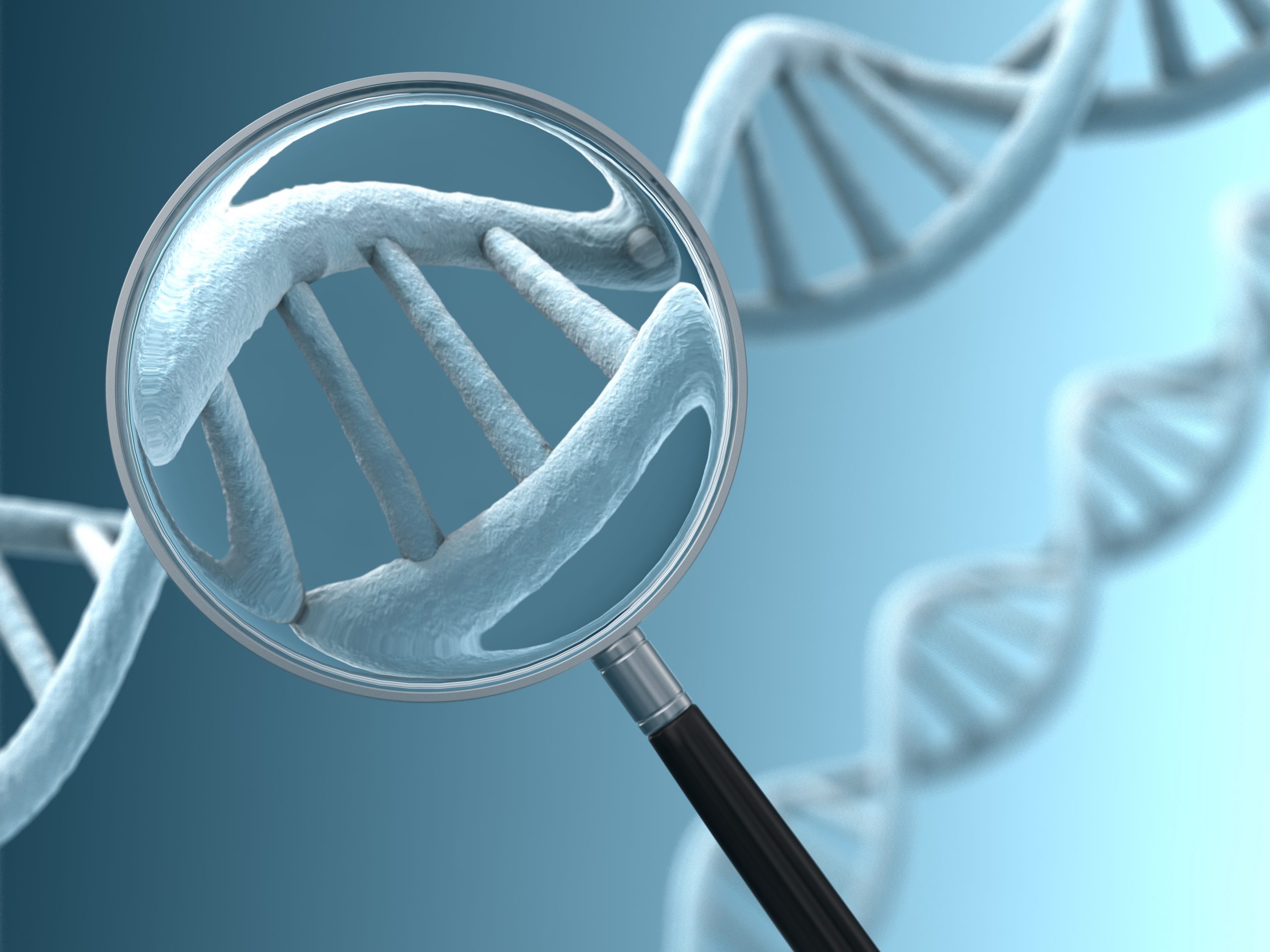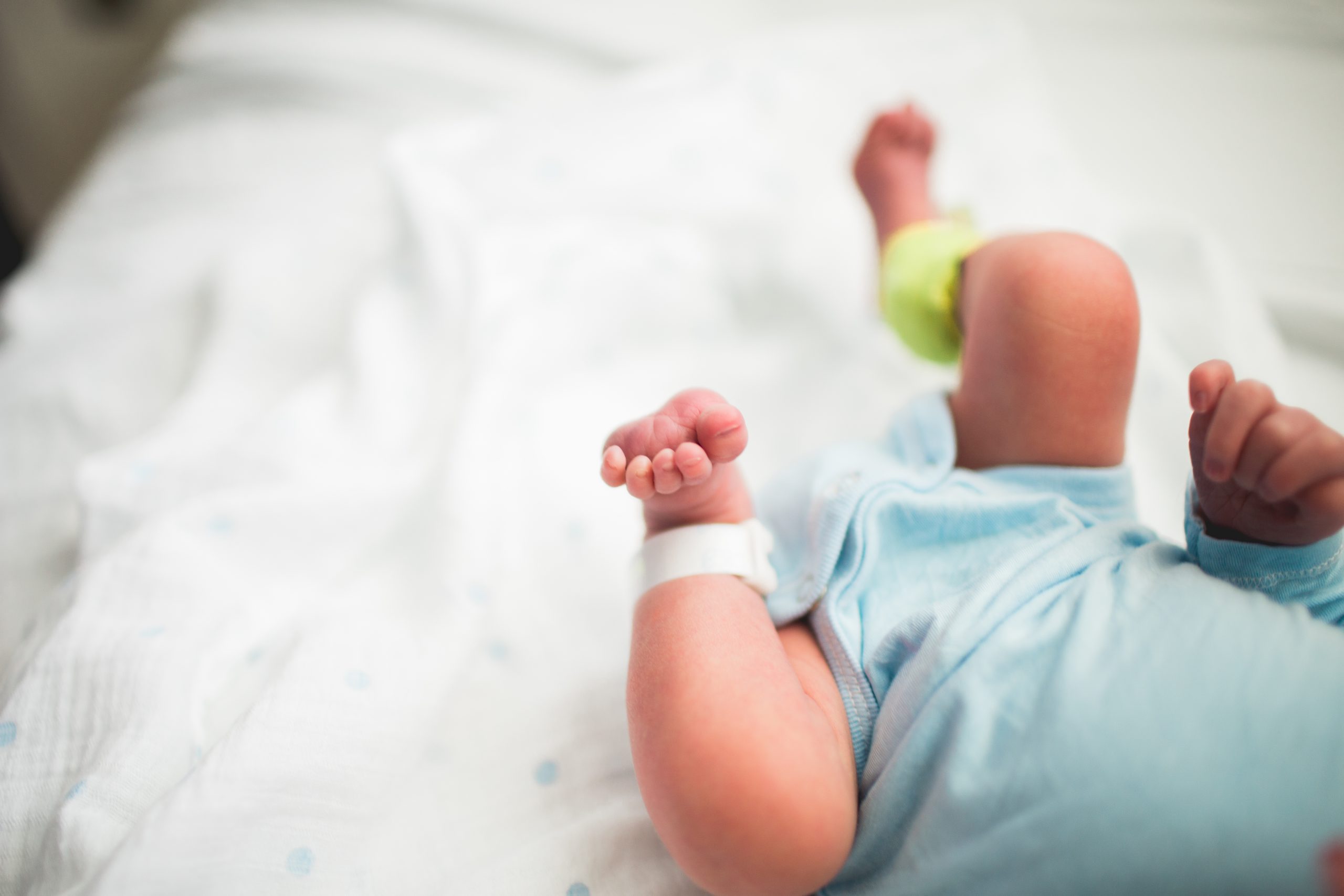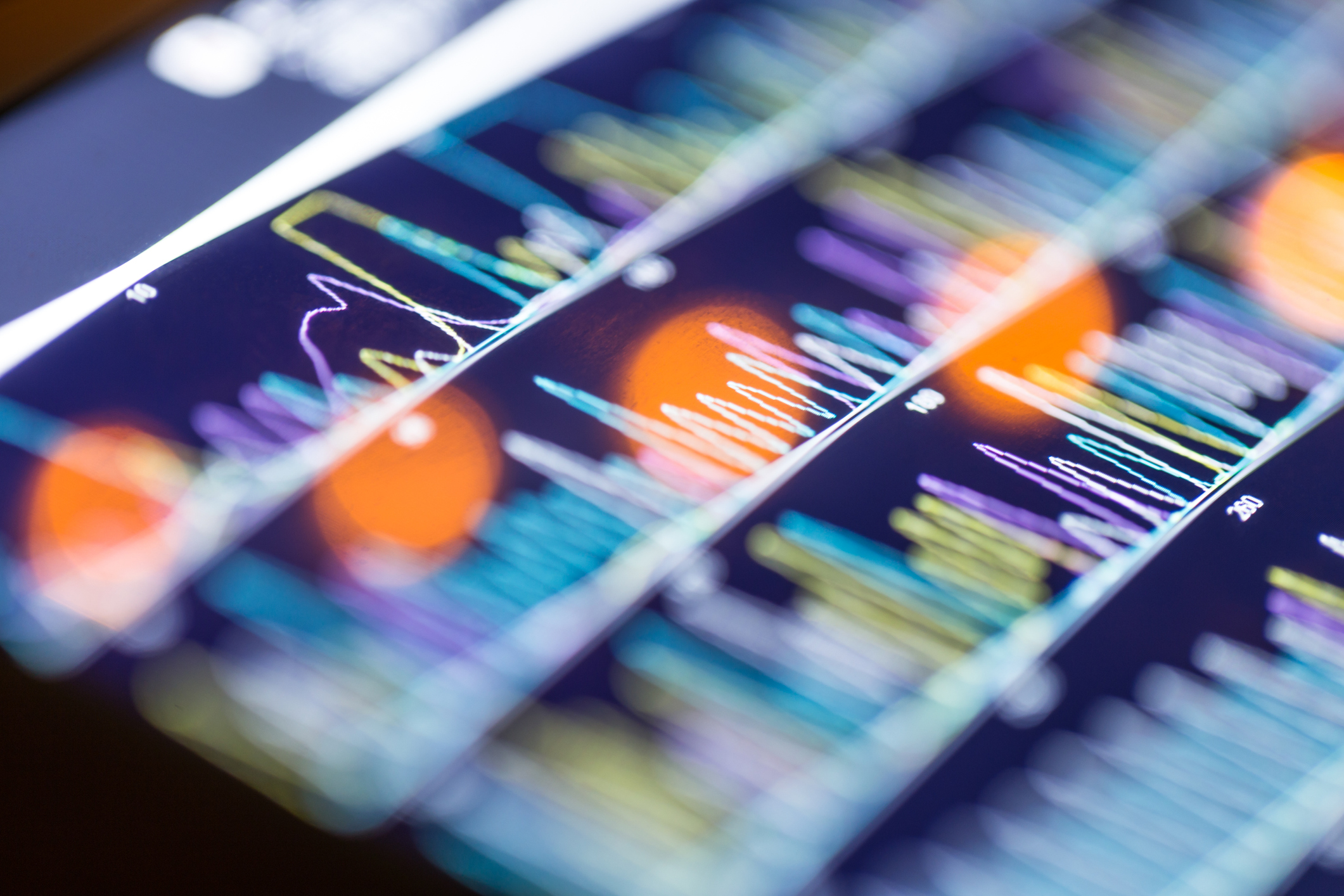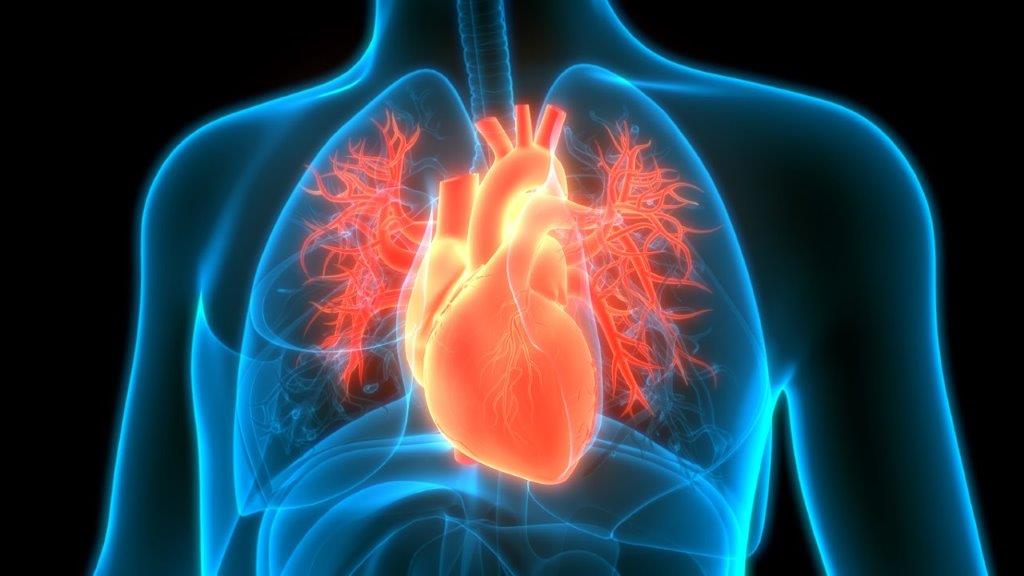The Rare Disease Collective (RD Collective) is driven by a strong team of early- and mid-career researchers who work across a range of genomic fields including rare disease, genomic technologies and bioinformatics. This program is funded by a highly competitive MRFF EMCR-led Grant (APP2023357).
The RD Collective includes fundamental scientists, diagnosticians, and clinician researchers who collectively bring diverse and complementary skills. The CIs bring together valuable and unique rare disease cohorts (neuromuscular diseases, neurodevelopmental disorders, inherited blood cancers and fetal loss/miscarriage), which have been extensively investigated by existing approaches, identifying those for which an answer has remained elusive despite overwhelming suspicion of a genetic cause. This research program will harness the collective expertise of the team to assess the computational and technological advancements best able to “resolve the unresolved”.
This interdisciplinary program will transform the rare disease genetics space by providing improved diagnostic pipelines using new technologies and cutting-edge bioinformatic approaches, with the aim of moving the diagnostic rate towards 70%. Given the current diagnostic rate of <50%, the near halving of undiagnosed individuals will lead to substantial improvements in health care, enabling more patients and families to benefit from the reproductive planning; genetic counselling; more accurate prognoses; and access to precision medicine that a genetic diagnosis brings. To ensure the implementation into clinical practice the research team contains CIs and AIs from, or who work closely with, leading clinical diagnostic services including PathWest, SA Pathology, NSW Health Pathology.
As part of this research program, patient tissue and cell lines will be banked for downstream projects to explore disease mechanisms to inform development and testing of targeted therapies beyond the life of this grant. This will include consent for the generation of iPSCs from patient cells. Following genetic diagnoses, the next frontiers are understanding disease mechanisms and the development of treatments for genetic diseases. The Biobank will also provide resources for quality assurance in diagnostic genomics laboratories, since it will hold samples from patients with validated and functionally tested genetic variation. Thus, this program will drive capacity, innovation and knowledge exchange beyond the five-year life of this research program.
We are also privileged to partner with research foundations and consumer groups, including Rare Voices Australia, Cerebral Palsy Alliance, Stillbirth Foundation, Leukemia Foundation, RUNX1 Research Program, and the Harry Perkins Neuromuscular Diseases Consumer Reference Group.
Grant activity period
2023-2027
Principal Investigator
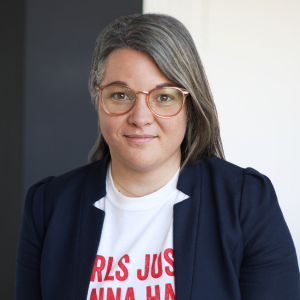
Gina Ravenscroft
University of Western Australia
Neuromuscular and recurrent pregnancy loss cohorts
Co-Chief Investigators
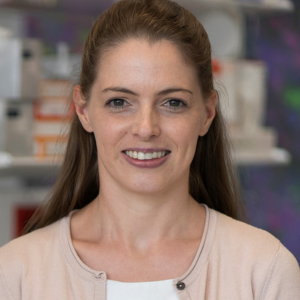
Dr Clare van Eyk
The University of Adelaide
Neurodevelopmental cohort, including CP
View profile
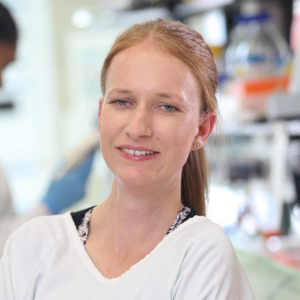
Dr Claire Homan
University of South Australia
Inherited blood cancers cohort
View profile
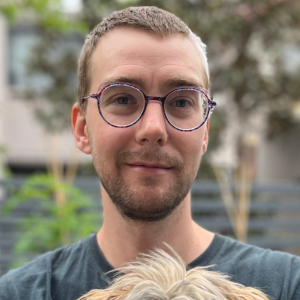
Dr Ira Deveson
Garvan Institute of Medical Research
Oxford Nanopore; long read sequencing expert
View profile
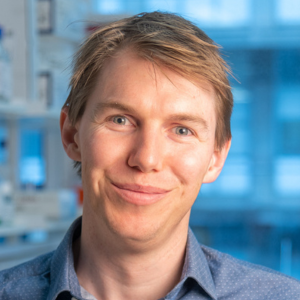
Dr Mike Clark
The University of Melbourne
Transcriptomics expert
View profile

Dr Sam Buckberry
Telethon Kids Institute
Bioinformatics expert
View profile

Dr Kishore Kumar
Garvan Institute of Medical Research
Neurologist and clinical neurogeneticist
View profile
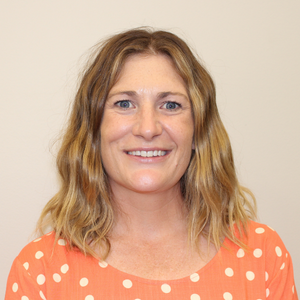
Dr Matilda Jackson
SA Pathology
Pregnancy loss cohort
View profile
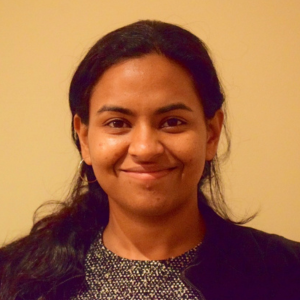
Dr Parvathy Venugopal
The University of South Australia
Inherited blood cancers cohort
View profile
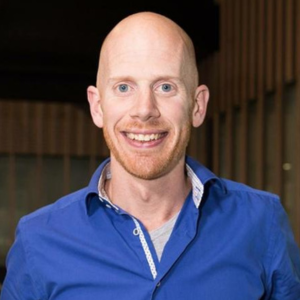
Dr Peer Arts
The University of South Australia
Pregnancy loss and Inherited blood cancer cohorts
View profile
Suzanne Sallevelt
SA Pathology
Clinical geneticist, experience in paediatric and reproductive genetics
Contact
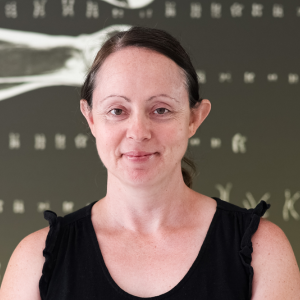
Jennifer Rooney

